Complexity Challenges in Cyber Physical Systems —— Using Modeling and Simulation (M&S) to Support Intelligence, Adaptation and Autonomy
----- 网络物理系统中的复杂性挑战:使用建模与仿真支持智能、适应与自治
Offers a one-stop reference on the application of advanced modeling and simulation (M&S) in cyber physical systems (CPS) engineering This book provides the state-of-the-art in methods and technologies that aim to elaborate on the modeling and simulation support to cyber physical systems (CPS) engineering across many sectors such as healthcare, smart grid, or smart home. It presents a compilation of simulation-based methods, technologies, and approaches that encourage the reader to incorporate simulation technologies in their CPS engineering endeavors, supporting management of complexity challenges in such endeavors. Complexity Challenges in Cyber Physical Systems: Using Modeling and Simulation (M&S) to Support Intelligence, Adaptation and Autonomy is laid out in four sections. The first section provides an overview of complexities associated with the application of M&S to CPS Engineering. It discusses M&S in the context of autonomous systems involvement within the North Atlantic Treaty Organization (NATO). The second section provides a more detailed description of the challenges in applying modeling to the operation, risk and design of holistic CPS. The third section delves in details of simulation support to CPS engineering followed by the engineering practices to incorporate the cyber element to build resilient CPS sociotechnical systems. Finally, the fourth section presents a research agenda for handling complexity in application of M&S for CPS engineering. In addition, this text: Introduces a unifying framework for hierarchical co-simulations of cyber physical systems (CPS) Provides understanding of the cycle of macro-level behavior dynamically arising from spaciotemporal interactions between parts at the micro-level Describes a simulation platform for characterizing resilience of CPS Complexity Challenges in Cyber Physical Systems has been written for researchers, practitioners, lecturers, and graduate students in computer engineering who want to learn all about M&S support to addressing complexity in CPS and its applications in today’s and tomorrow’s world.
{{comment.content}}
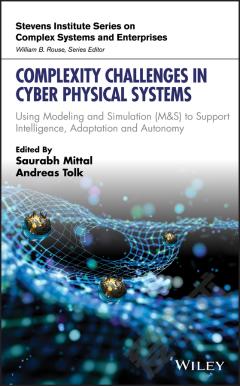
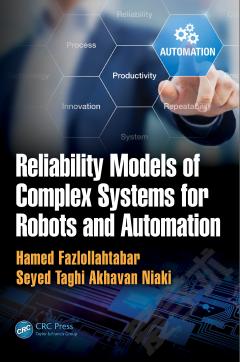

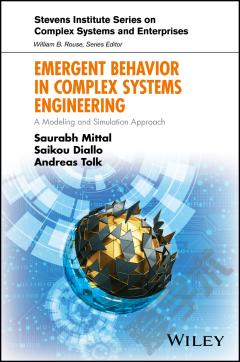
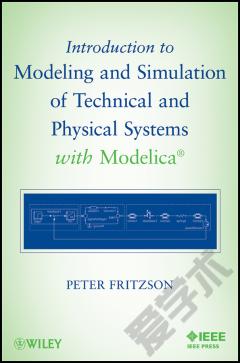
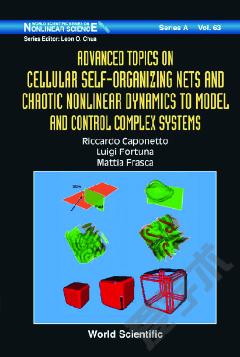
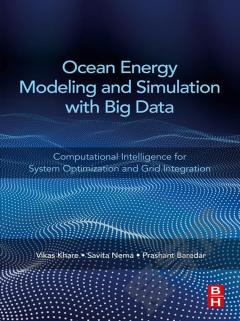

 京公网安备 11010802027623号
京公网安备 11010802027623号